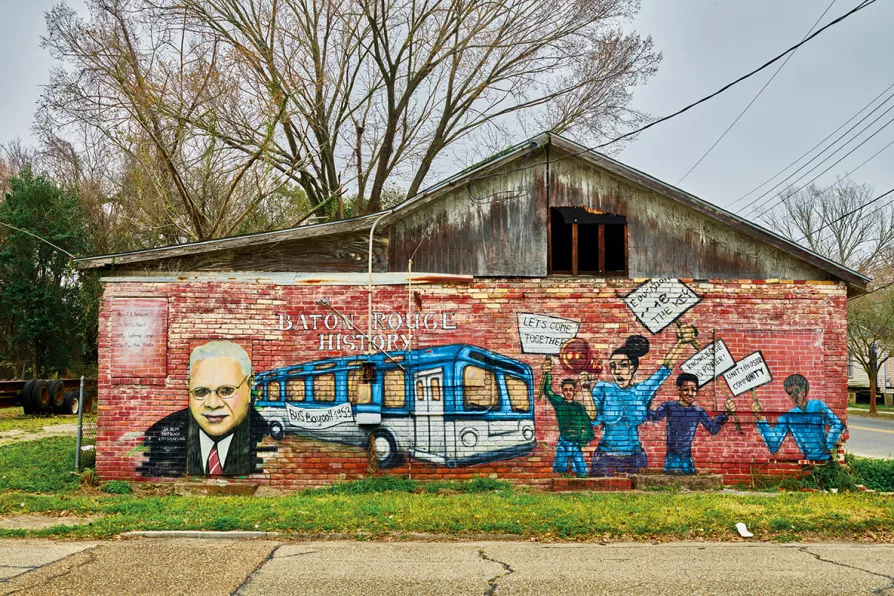John Wojcik pays tribute to a black US activist who spent six decades at the forefront of struggles for voting rights, economic justice and peace – reshaping US politics and inspiring movements worldwide

 A mural depicting civil rights victories in a poor black area in Baton Rouge
A mural depicting civil rights victories in a poor black area in Baton Rouge
THE state Supreme Court in the southern US state of Louisiana, on April 26, gave the city of St George the right to secede from the larger capital city of Baton Rouge.
This has cleared the way for a group of wealthy white Baton Rouge residents to carve out a majority-white enclave of the largely black city — recalling the history in the US of segregation and white flight.
Wealthy, white residents of Baton Rouge have been trying to secede from the rest of the city in some shape or form for over a decade. In 2012, a group of parents went to the state legislature to propose the creation of a separate school district which they called the Southeast Community School District. This effort failed, but the following year they tried once again and also failed.

Following the resignation of Nepali Prime Minister KP Oli amid mass youth-driven protests, different narratives have circulated which simplify and misrepresent the complexities and reality on the ground in Nepal at the roots of this crisis, argue VIJAY PRASHAD and ATUL CHANDRA

While ordinary Americans were suffering in the wake of 2005’s deadly hurricane, the Bush administration was more concerned with maintaining its anti-Cuba stance than with saving lives, writes MANOLO DE LOS SANTOS

In the conclusion of his two-part article, PETER MERTENS reveals that while global military spending hits $2.7 trillion with European arms company profits soaring 1,000%, €1 invested in hospitals creates 2.5 times more jobs than weapons










